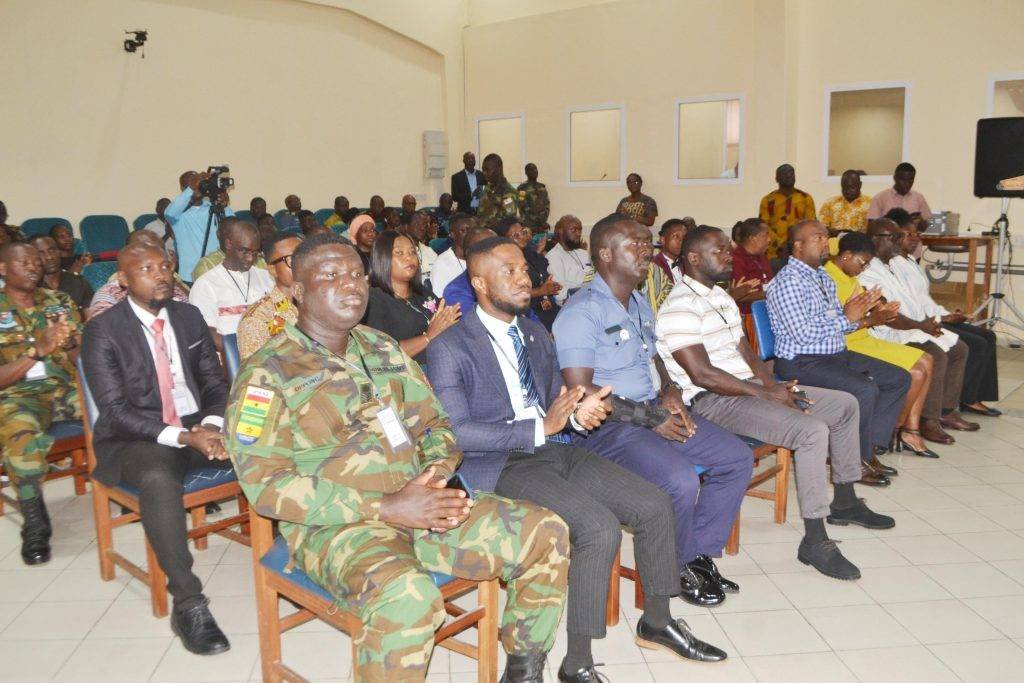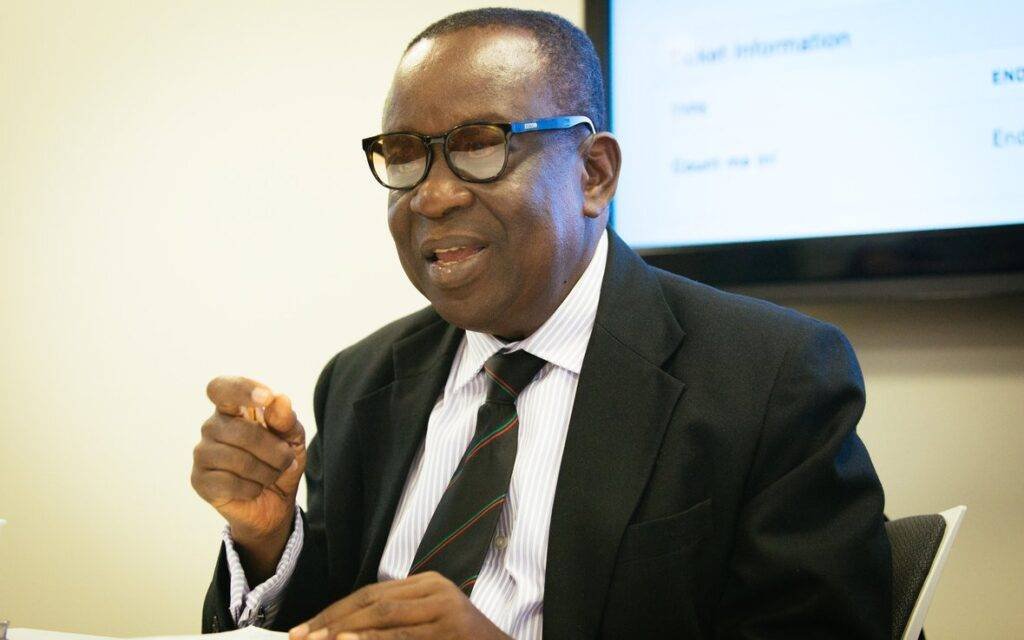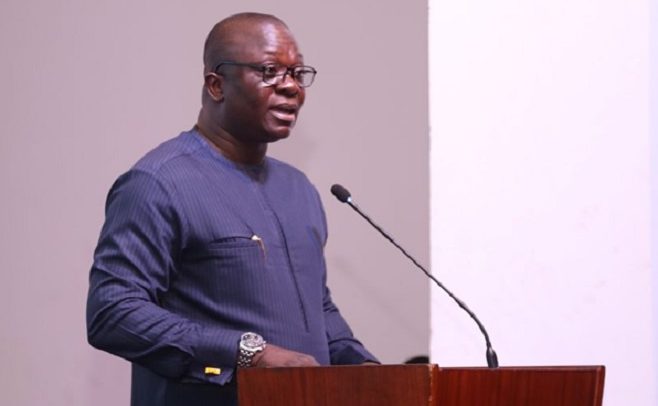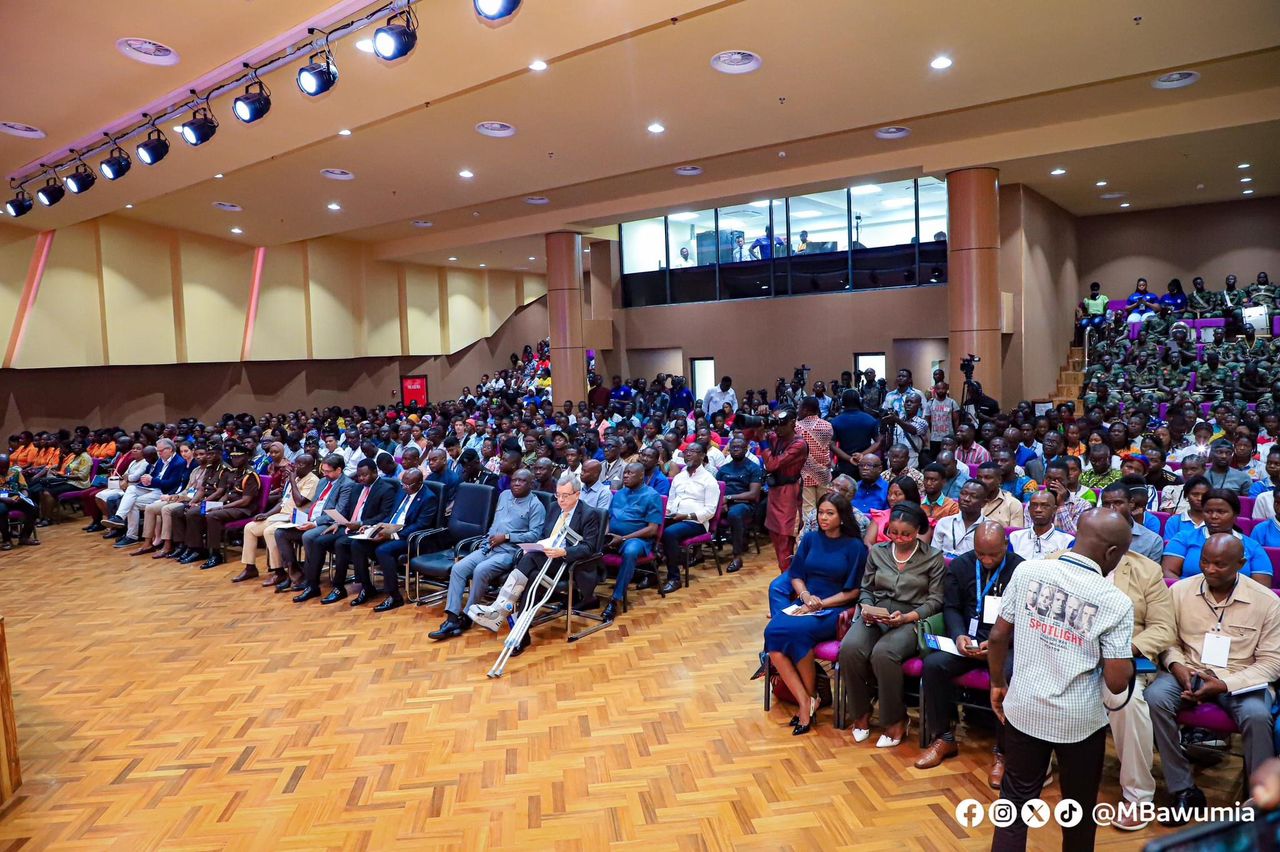
Professor Livingston Kobina Sam-Amoah, the Provost of the College of Agriculture and Natural Sciences at the University of Cape Coast (UCC) has said the government's one-village-one-dam project, will enhance food security in the country if successfully implemented.
"Obviously the one district one dam is a very good programme. I am not saying this because I have sympathies with NPP or NDC or PPP but I am purely using my professional judgement. This is a very laudable scheme".
He has therefore called for an effective Public-Private partnership (PPP) to ensure the successful implementation of the programme and other irrigation schemes to enhance their sustainability whilst freeing public funds for other development projects.
The PPP initiative, he said would help attract external funding and private sector support which were urgently needed to maintain and expand the irrigation sub-sector in the country.
Prof. Sam-Amoah, a Professor of Soil and Water Engineering said this when he delivered his inaugural lecture on the topic, "Ensuring Food Security: Damming the Waters or Damning Our Future" at UCC on Thursday.
According to him, irrigation was very critical for every country desiring to attain food security and self-sufficiency levels of notable crops, especially rice and stressed the need for the inherent challenges in the irrigation sub-sector to be tackled holistically.
While encouraging diversification of crops for household consumption, Professor Sam -Amoah also urged government to implement the reforms in the new irrigation policy adding that, "If we do not take irrigation seriously, we stand the risk of damning our future in terms of food security".
"To turn the tide against rice imports, which currently stand at $600 million a year, it is important to develop the irrigation potential to the fullest and increase investment into the sub-sector," he said.
This, he explained could be achieved through conscious efforts to implement the reforms envisaged in the New Irrigation Policy, optimisation and expansion of existing irrigation schemes and construction of new projects with private sector participation.
He said the Ghana Irrigation Development Authority (GIDA) must collaborate with research institutions and extension farmers to enjoy the benefits.
Prof. Sam-Amoah stressed the need for a regular monitoring and evaluation of irrigation schemes for enhanced performance while assessing water delivery systems based on farming, economic and environmental performance.
Prof. Sam-Amoah indicated that for Africa to achieve its fullest potentials in food security, it required a new crop of entrepreneurial leaders dedicated to the continent's economic improvements through the advancement in science, technology and engineering.
He noted that poverty, hunger and malnutrition remained the biggest challenge in Africa and therefore achieving food security at the African level should be able to address these problems.
He called on governments to invest in agriculture as it contributed immensely to the overall economic development and poverty reduction.
Prof. Sam-Amoah has been teaching courses in soil and water engineering and drainage and irrigation systems management since 1994. His research areas included performance assessment of irrigation schemes, agriculture simulation studies, irrigation system schemes and crop water requirement and deficit irrigation studies.GNA
Read Full Story





















Facebook
Twitter
Pinterest
Instagram
Google+
YouTube
LinkedIn
RSS